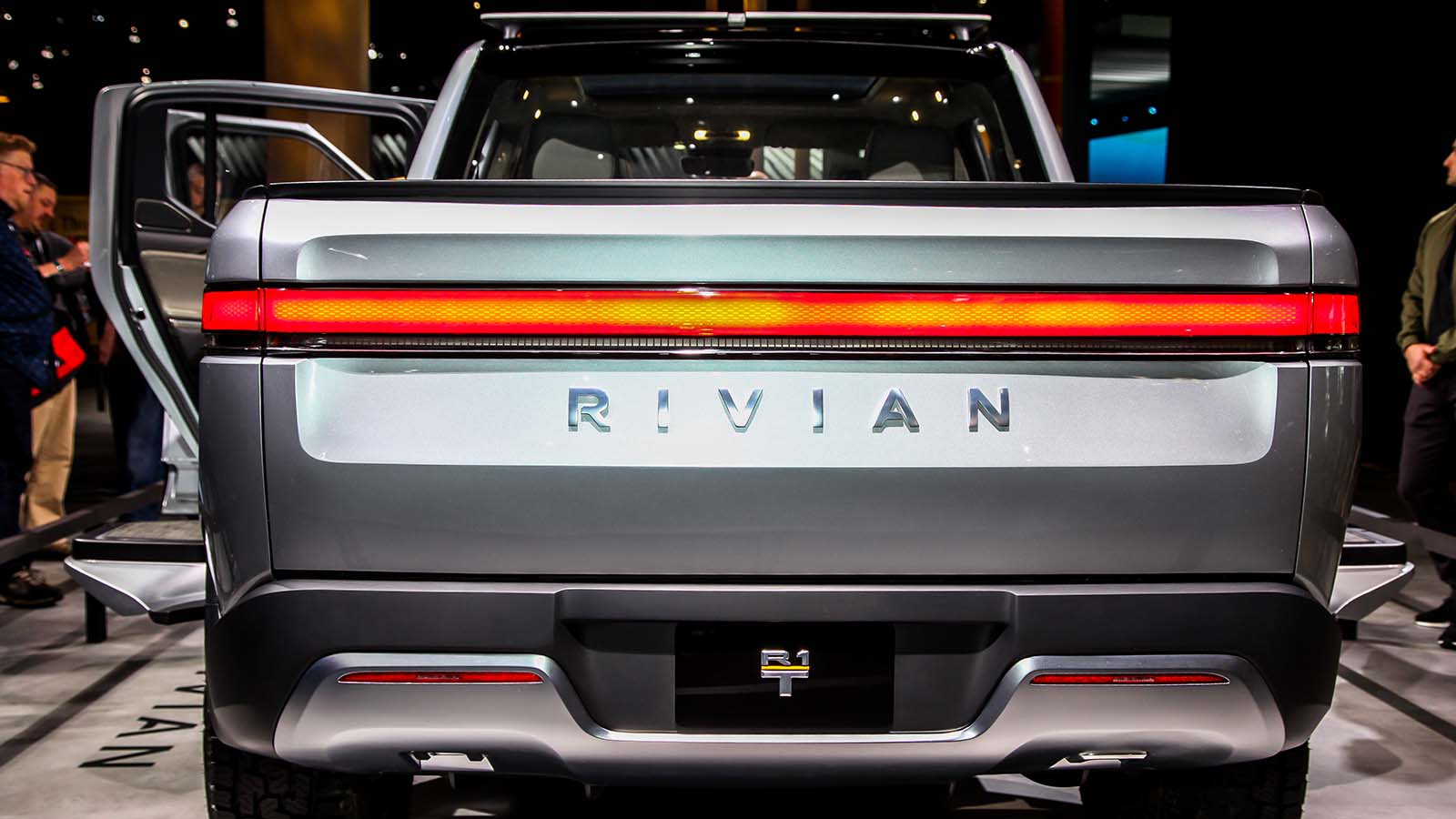If you’re a fan of Mad Money host Jim Cramer – more specifically, using Cramer as a contrarian indicator – it may be time to consider acquiring shares of electric vehicle manufacturer Rivian Automotive (NASDAQ:RIVN) stock.

Recently, the CNBC personality stated he believes “it’s going to be a very unsexy truck maker.” Thus, you might want to take the opposite side of the trade and go long RIVN stock.
Of course, I bring this up merely as a loose idea. I’ve never researched the validity of Cramer being a contrarian indicator. Further, the topic lends itself to multiple biases. You can even make the argument that I’m a contrarian indicator – and it might be right for certain assets at specific time intervals.
But for someone to be so bad at picking stocks that doing the opposite of what they say yields mercurially profitable results? I find it hard to believe. But if you do believe, RIVN stock could be up your alley. For everyone else, it’s time to have a hard discussion about the much-hyped EV maker.
Let’s get some of the low-hanging fruit out of the way. At a time when other publicly traded companies have bounced substantially higher following a massive rout in January, the recent performance of RIVN stock is downright disappointing. For instance, over the week ended Feb. 4, shares moved higher by less than 4%.
Therefore, on a year-to-date basis, the loss is still staggering at 41% in the red. Since the close of its first trading session, RIVN stock has declined by 40%. Even against the company’s initial offering price of $78 a share, RIVN is down 22%.
Essentially, if shares could somehow generate a positive return, early shareholders will be very eager to exit.
RIVN Stock and the Problem of Competition
Many years ago, EVs were a novelty, allowing innovator Tesla (NASDAQ:TSLA) to dominate the market. Now that other companies have seen the light, they’re crowding in. For now, this shouldn’t bother Tesla due to its incredible brand cachet. Still, it’s going to be rough for the debutantes like Rivian, making me question the viability of RIVN stock.
Primarily, the issue is pricing. Per the company’s website, its R1T electric truck costs $67,500 and the R1S SUV is $70,000. You can make the argument that these are reasonable prices to pay for what you get. Fine. But the problem is that, per the Census Bureau, median household income was $67,521 in 2020. Admittedly, it dipped 2.9% from the $69,560 seen in 2019 due to the coronavirus impact.
Still, let’s be real: it’s a bad idea to spend your entire annual income on a car. Even taking into account the federal tax credit (and perhaps any state credits, depending on where the buyer lives), these are expensive vehicles.
Further, author Robert Bryce made the point that the average household income for EV buyers is about $140,000. To his point, that’s twice the U.S. average, making these vehicles playthings for the rich.
That alone is enough to make you think twice about RIVN stock. But more worryingly, the pricing issue could open the door to competitors, particularly the larger legacy ones. With more companies eager to ride the clean energy bandwagon, they can leverage their superior economies of scale to make more affordable (relatively speaking) EVs.
Historically, it wouldn’t be surprising if the giant automakers stole Rivian’s market share. Indeed, it would be more surprising if they didn’t. Following the Great Depression, the smaller automotive companies couldn’t hang with the big dogs, spelling their eventual demise.
History to Repeat Itself?
If you really want to hear something freaky, in the Great Depression era, “Virtually all the smaller companies competed in the expensive or midpriced segments of the market.”
However, they “were highly exposed to sharp drops in sales as demand fell away. They were slow to cut costs and introduce low-priced models. Apart from Chrysler, the small players either went out of business or lost so much market share that they could no longer compete effectively. Packard, a luxury brand, did not introduce a midpriced model until 1935.”
Now, I don’t know if we’re going to have a recession moving forward. But if we do, that’s even more of a reason to be skeptical about RIVN stock. Just like the automotive companies of the past, Rivian is making the same mistake, facing incoming competition with a high-priced mindset instead of a low one.
On the date of publication, Josh Enomoto did not have (either directly or indirectly) any positions in the securities mentioned in this article. The opinions expressed in this article are those of the writer, subject to the InvestorPlace.com Publishing Guidelines.
A former senior business analyst for Sony Electronics, Josh Enomoto has helped broker major contracts with Fortune Global 500 companies. Over the past several years, he has delivered unique, critical insights for the investment markets, as well as various other industries including legal, construction management, and healthcare.
